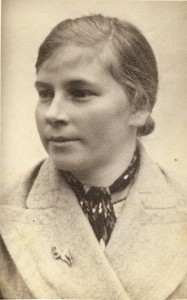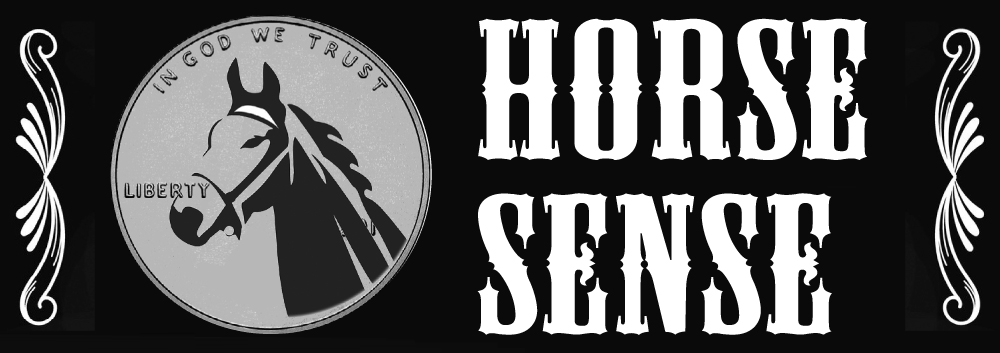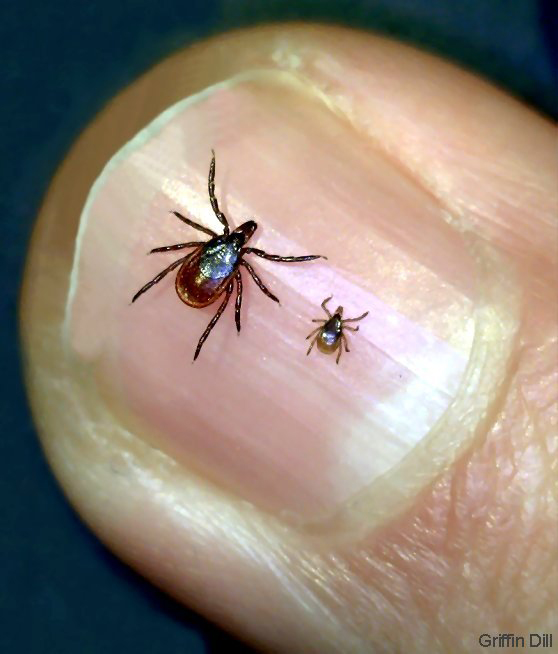The World War II Years
Joe’s stories – old, new, mostly true
The World War II Years

My parents, Joe and Anna, had lived through World War I in Germany and the terrible depression that followed it. Immigrating here in the mid 1920s, they had just gotten started making a new life when the Great Depression struck the USA. In the late 1930s, just as the economy was starting to improve, they faced another matter of concern as WWII was starting in Europe. Like other immigrants from Europe they were worried about how it would affect their families that remained there.
For Joe and Anna, it turned out to be a two-sided concern. Eventually they both had brothers that were in the German military but at the same time two or three of their foster children were in the American armed services as well as several of Joe’s second cousins.
As the war intensified, correspondence became sporadic, so knowing the status of their families was difficult. Letters were subject to censorship and long delays often resulted although there was seldom anything redacted by the censors as nothing in the letters either way dealt with more than family issues. It wasn’t uncommon to receive a letter two months after it had been written. As I recall, there was a period of almost a year with no correspondence.
I do recall the day the hostilities ended. It was after supper and we were out in the yard playing when the fire sirens all began blowing and didn’t quit with the usual three or four blasts. When I ran in to tell my parents that there must be a really big fire, I found them sitting in front of the radio with tears in their eyes and they informed me it had been announced that the war was over. Now it became a waiting game to get news of who was dead or wounded or alive. When the news came it wasn’t good for Joe. His brother, Albin, who had been expected to become mayor of their village, was killed on the Eastern front. His brother, Anton, was declared missing in France with no trace ever found, and his brother Karl was severely wounded. Although Karl survived, he never was able to lead a normal life. Anna fared better in that her three brothers, Karl, Josef and Franz, all survived and eventually returned home.
Anna’s youngest sister, Theresa, however was dead, a victim of Hitler’s mad scheme to develop a master race. When a young couple wished to marry it was required they pass a basic intelligence test to determine if they should be allowed to have children. The test was administered by a local Nazi party official. A family member was allowed to sit in but could not say anything. Theresa was a beautiful young farm girl but was shy and extremely timid all her life. Questioning could lead her to blurt out a wrong answer or not answer at all. She failed the test and was told in order to be married she would have to submit to a sterilization procedure She did but there were complications, an infection set in which couldn’t be controlled and after a few weeks she died. I still recall Anna sitting there with the letter and a picture of her sister and tears streaming down her face. She kept repeating the German word “Warum? Warum?” That can translate as “for what purpose,” or “what for,” or simply “why.”
In the almost 70 years since then there have been dozens of dictators and despots who have been responsible for millions of deaths including thousands of their own people. Right here in the USA on the roads, streets and alleys of our towns and cities there are dozens of tragic, senseless deaths every day.
And the people still sit and cry and ask, “Why?”
12/1/13





